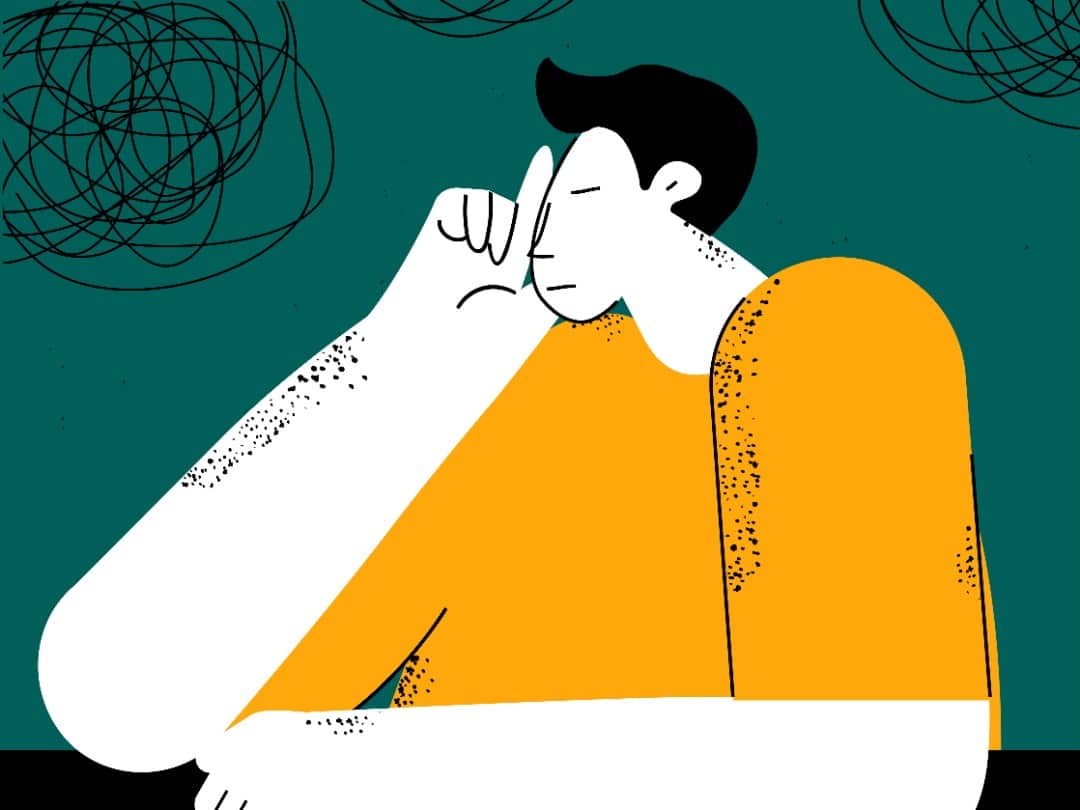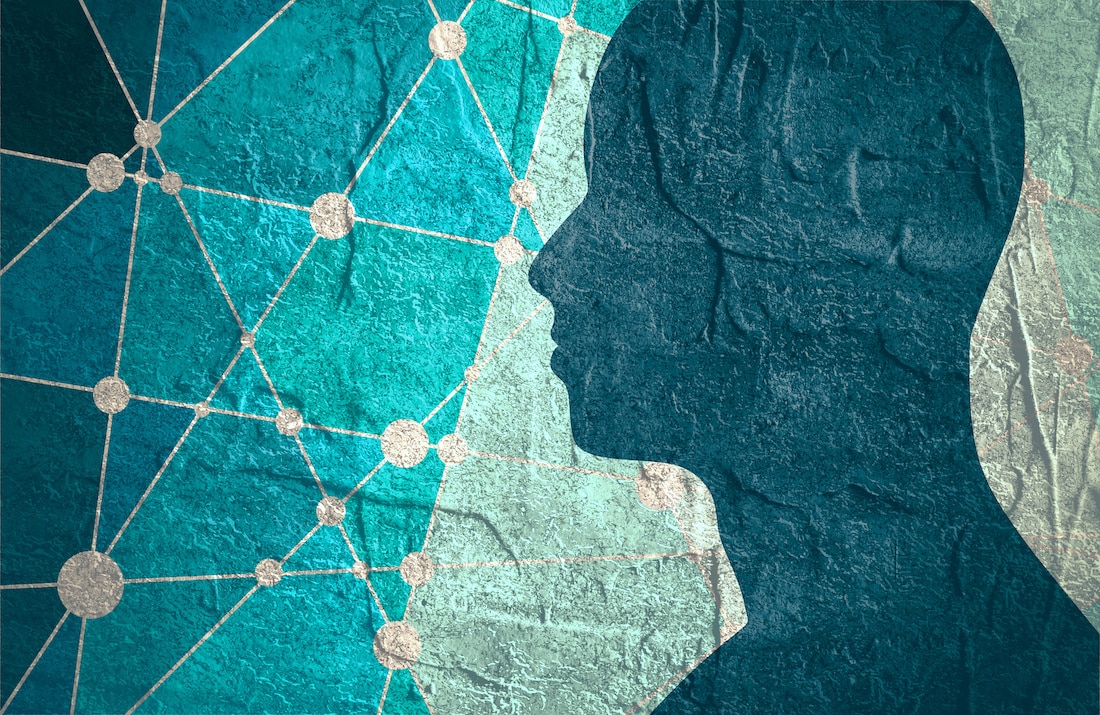Treatment for schizophrenia at Lifeskills
At Lifeskills, we take a comprehensive, evidence-based approach to treating schizophrenia, focusing on cognitive rehabilitation and long-term symptom management. Our cognitive remediation therapy pathway helps clients improve attention, memory, and problem-solving skills through BrainHQ, a computer-based training program, in conjunction with interpersonal skills groups. Our multidisciplinary team integrates therapy, psychoeducation, and medication management to enhance cognitive function and daily living skills. By addressing clinical and real-world challenges, we empower clients to regain independence and build a fulfilling life beyond their diagnosis.
About Schizophrenia
Schizophrenia is a thought disorder affecting perception, cognition, and emotional processing. Symptoms include hallucinations, delusions, and cognitive difficulties, impairing daily life and social interactions. It impacts 0.33% to 0.75% of the global population and is a leading cause of disability worldwide, with higher rates when accounting for those in treatment settings.
Schizophrenia impacts 0.33% to 0.75% of the global population and is a leading cause of disability worldwide.
Questions about schizophrenia
What is schizophrenia?
Schizophrenia is a severe thought disorder that disrupts how an individual processes reality. It affects thoughts, perceptions, emotions, and behaviors, leading to symptoms such as delusions (false beliefs), hallucinations (seeing or hearing things that aren’t there), and disorganized speech and thought patterns. These disturbances impair cognitive functions, including memory, attention, and executive function, making it difficult for individuals to process information, make decisions, and navigate daily tasks.
Additionally, schizophrenia often causes significant emotional dysregulation, affecting social relationships and the ability to engage in meaningful activities. Though the exact causes remain unclear, schizophrenia results from a combination of genetic, environmental, and neurobiological factors.
What are the signs and symptoms of schizophrenia?
Schizophrenia is characterized by a range of symptoms that are grouped into three main categories: positive, negative, and cognitive symptoms.
- The positive symptoms represent an excess or distortion of normal functioning and include:
- Delusions – False beliefs, such as believing one has special powers or is being persecuted.
- Hallucinations – False perceptions, most commonly auditory hallucinations (hearing voices that aren’t there).
- Disorganized thinking – Speech and thought patterns may become fragmented, making it difficult to communicate clearly.
- Disorganized or abnormal motor behavior – May include unpredictable movements, inappropriate actions, or a lack of responsiveness.
- Negative symptoms reflect a decrease or loss of normal functioning and abilities, such as:
- Reduced ability to experience pleasure (anhedonia).
- Limited speech and social engagement.
- Diminished ability to carry out daily activities.
- Apathy or lack of motivation.
- The cognitive symptoms involve disruptions in memory and attention, including:
- Impaired working memory – difficulty holding and processing information.
- Attention problems – Trouble focusing or following conversations.
- Difficulty with executive functions – challenges with planning, organizing, and decision-making.
The severity and type of symptoms can vary between individuals, and managing schizophrenia typically involves medication and therapy to address these diverse symptoms.
Understanding these symptoms is crucial for early detection and intervention, which can significantly improve the quality of life for those affected.
When should I seek help for schizophrenia?
Early intervention is critical for managing schizophrenia and improving long-term outcomes. If you or a loved one experiences persistent hallucinations, delusions, disorganized thinking, or significant changes in behavior, seeking professional help as soon as possible is essential. Other warning signs may include social withdrawal, trouble maintaining daily responsibilities, or a decline in self-care and personal hygiene.
Professional treatment should not be delayed if you or your loved one’s symptoms interfere with daily life, relationships, or work. Lifeskills South Florida provides evidence-based, compassionate care tailored to individuals with schizophrenia, helping them build stability and regain independence. Contact us today to discover how we can assist you.
Our Levels of Care
At Lifeskills, we offer a comprehensive continuum of care to support individuals at every stage of their recovery journey. Our levels of care include detoxification, residential treatment, partial hospitalization, intensive outpatient, and transitional living programs, each tailored to meet the unique needs of our clients.



